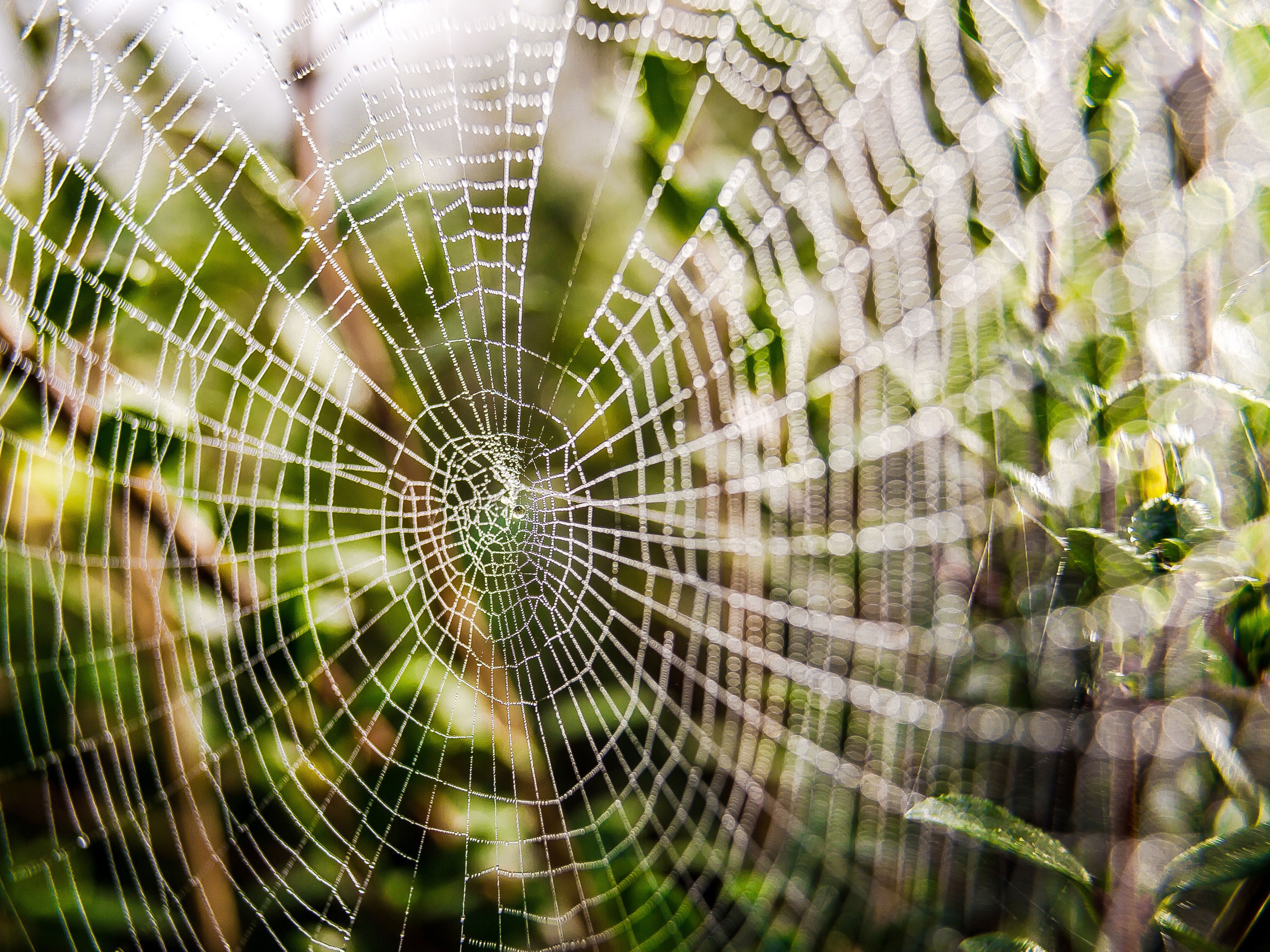Number of false widow spiders entering houses set to rise
‘They have reached their maximum size, they are ready to breed, they want to find each other so they accidentally come inside houses’

As autumn begins to set in, experts have predicted that the number of false widow spiders – the most venomous species in the UK – is set to rise.
The false widow spider has been in Britain for the past 130 years.
While it has been an established species on the south coast of England, the false widow has been migrating north for the past 25 years, leading to experts calling for people in Lancaster to watch out for an increase in the spiders around the home, the Lancashire Telegraph reports.
The rise in numbers of false widows in people’s homes at this time of year is down to their mating habits, according to one spider expert.
“What’s happening is they have reached their maximum size, they are ready to breed, they want to find each other so they accidentally come inside houses,” Dave Clark, who looks after the spiders at London Zoo, told Sky News.
Symptoms from a false widow bite are commonly limited to pain around the bite and swelling, the broadcaster reports, with feverishness occasionally experienced, though there have been isolated incidents in which people have needed hospital treatment after being bitten.
However, zoologist and TV presenter Tim Cockerill believes the spiders are “slightly less dangerous than a peanut”.
“The false widow is not dangerous to humans and can’t cause the types of reactions we see in the press,” he told Hull Daily Mail.
“It’s technically possible people can get an allergic reaction to a spider bite, although extremely unlikely.
“I’d say it makes the false widow spider slightly less dangerous than a peanut,” he said.
Join our commenting forum
Join thought-provoking conversations, follow other Independent readers and see their replies
Comments
Bookmark popover
Removed from bookmarks